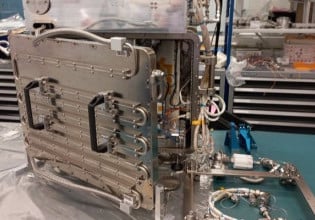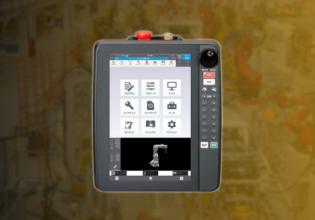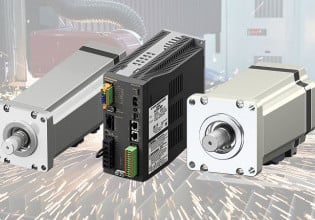A
Anthony Kerstens
Are you sure that wasn't the US census? I suggest
you do some research on Herman Hollerith who started IBM.
Anthony Kerstens P.Eng.
you do some research on Herman Hollerith who started IBM.
Anthony Kerstens P.Eng.

by Bob Odhiambo

by Seth Price

by Seth Price

